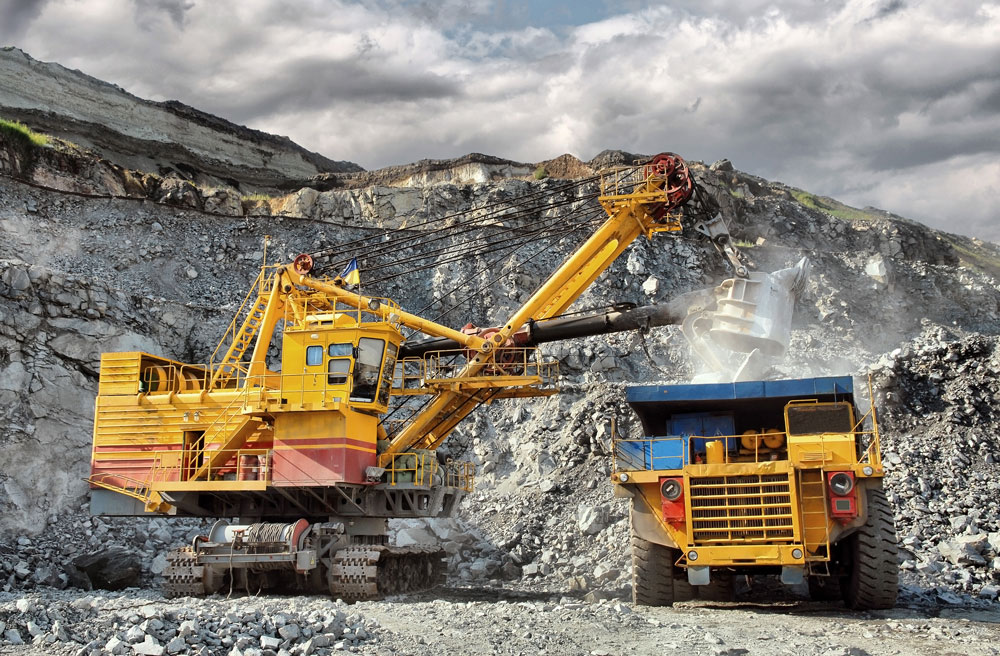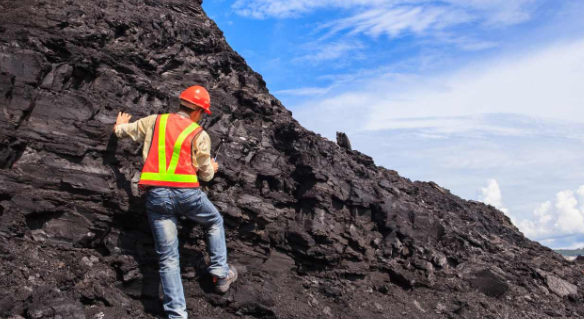Mineral exploration plays a crucial role in the mining industry. It is the first step in discovering and evaluating mineral resources for future extraction.
Understanding this process is vital for businesses aiming to invest in or expand their mining operations.
What is Mineral Exploration and Why is It Economically Important?
Mineral exploration involves searching for valuable minerals beneath the earth’s surface.
It is essential for identifying new resources and supporting sustainable mining activities.
The process begins with identifying areas likely to have mineral deposits and follows through various scientific and technological methods to confirm the presence and economic potential of these minerals.
Economically, mineral exploration is a key driver for the mining industry. It allows companies to discover new resources, which can fuel long-term growth.
Without exploration, the mining sector would run out of new materials to extract.
Access to these materials supports various industries, from electronics to construction, ensuring the stability and development of global economies.
Stages of the Mineral Exploration Process
The mineral exploration process follows a series of stages to ensure the efficient and safe discovery of resources.
Each stage is crucial for assessing the economic viability of a potential mining project.
Let’s break down the stages:
Prospecting and Geological Survey
The first stage in mineral prospecting is identifying areas that may contain mineral deposits.
This involves geological surveys where experts use techniques like mapping, sampling, and geophysical methods to identify signs of mineralization.
Prospectors may rely on historical data, geological models, and satellite images to guide their searches.
This stage often starts with a broad exploration to understand the landscape and geology of the area.
Geologists study rock formations, soil samples, and mineral deposits in the region.
Once a potential area is identified, more specific exploration is conducted to further narrow down the search.
Requesting and Obtaining Permits from Regulatory Agencies
Before any exploration activity can begin, it is critical to obtain the necessary permits.
Regulatory agencies control land use and the environment to ensure compliance with safety and sustainability standards.
Companies must demonstrate that they will respect the environment and comply with local laws.
The permitting process includes applying for exploration permits, environmental impact assessments (EIAs), and land use approvals.
This process varies by region and can take significant time, often depending on the complexity of the exploration and local regulations.
Economic and Technical Feasibility Analysis
Once a mineral deposit is identified, it is important to assess whether it is economically and technically viable.
This involves cost-benefit analysis to determine if extracting the mineral will yield a positive return on investment.
Several factors come into play:
- The quality and size of the deposit
- Extraction costs and technical challenges
- Market prices for the mineral
Additionally, companies analyze environmental impacts and community concerns to ensure that the project aligns with sustainability goals.
Challenges and Risks in Mineral Exploration
Although mineral exploration can lead to significant economic opportunities, it comes with various challenges and risks that must be carefully managed.
Environmental Aspects and Sustainability
One of the most significant challenges is minimizing the environmental impact of exploration activities.
Mining exploration can disrupt local ecosystems, including wildlife habitats, water sources, and soil quality.
Companies must prioritize sustainable exploration practices to reduce these impacts.
This often involves adopting green technologies and methods that allow for efficient resource extraction while minimizing damage.
Rehabilitation plans for disturbed areas are also vital to ensure that the land is restored once exploration is completed.
Legal Issues and Land Regularization
Another common issue in mineral exploration involves legal complexities. Companies must navigate property rights, land use regulations, and local laws.
Disputes over land ownership or mineral rights can lead to project delays or legal challenges.
Companies must ensure clear land titles and regularization processes before proceeding with exploration.
Failure to secure the proper documentation can lead to costly lawsuits, halted operations, or the need to relocate the project entirely.
Community Engagement and Social Responsibility
Social responsibility plays a crucial role in mineral exploration. Companies must engage with local communities and stakeholders to gain their support and address potential concerns.
Issues such as displacement, environmental harm, and labor conditions are often raised by communities living near exploration sites.
It is essential to develop open and transparent communication channels and build positive relationships with these communities.
This ensures that the project benefits local economies while addressing any negative impacts.

How True Mine Can Support Your Company in Mineral Exploration
At True Mine, we understand the complexities involved in mineral exploration.
Our team of experts can guide your company through each stage, ensuring that your exploration project is efficient, safe, and fully compliant with regulations.
We provide services such as:
- Strategic planning for exploration projects
- Permit management to ensure all legal requirements are met
- Real-time monitoring to track progress and mitigate risks
By partnering with True Mine, you can ensure that your mineral exploration projects run smoothly and meet both environmental and legal standards.
Talk to our specialists today to learn more about how we can support your exploration needs.
Rely on True Mine to make your mineral exploration more efficient, safer, and fully compliant! We provide strategic planning, permit management, and real-time monitoring to ensure the success of your project. Talk to our specialists!



